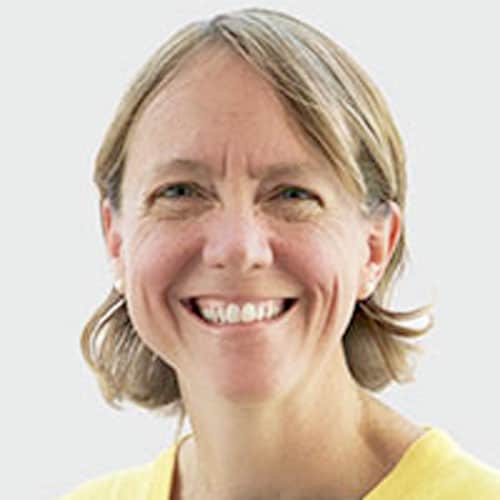Tiffany Street, assistant director for educational outreach in the University’s Title IX Office, has created a program where the valuable unused class time that results from a cancelled class can be turned into a workshop for students on sexual misconduct prevention.
 “Don’t Cancel That Class!” is an option available now to faculty and instructors who know in advance that they cannot hold class on a particular date. Using the form found on the Title IX website, they can request that a workshop leader from the Title IX Office come and present during their absence. The 1-hour presentations are drawn from Title IX programming currently available to University community members on topics such as preventing sexual assault and promoting a safe, consensual environment for everyone; being a good bystander and supporting friends throughout the year; and the process of making a sexual misconduct report and the resources available both on and off campus.
“Don’t Cancel That Class!” is an option available now to faculty and instructors who know in advance that they cannot hold class on a particular date. Using the form found on the Title IX website, they can request that a workshop leader from the Title IX Office come and present during their absence. The 1-hour presentations are drawn from Title IX programming currently available to University community members on topics such as preventing sexual assault and promoting a safe, consensual environment for everyone; being a good bystander and supporting friends throughout the year; and the process of making a sexual misconduct report and the resources available both on and off campus.
“We’re really excited to have ‘Don’t Cancel That Class!’ at the University as a way to become more involved with students who may not have seen us since first-year orientation,” said Street. “Faculty and staff already have their schedules set in their syllabus, but may have a known absence during the year, and we’re able to come in and fill that time with continuing conversations around creating consent culture on campus, becoming BADASS (Being Aware, Deciding to Act, and Saying Something) Bystanders, and having conversations that are tailored to specific classes or specific concerns related to those fields of study.”
This past year, the University received a 2019 Campus Prevention Network Impact Award for outstanding achievement in sexual assault prevention. The Impact Award is presented by social impact education innovator EVERFI and recognizes Rochester’s commitment to creating safe and healthy college campuses by implementing evidence-based practices.




